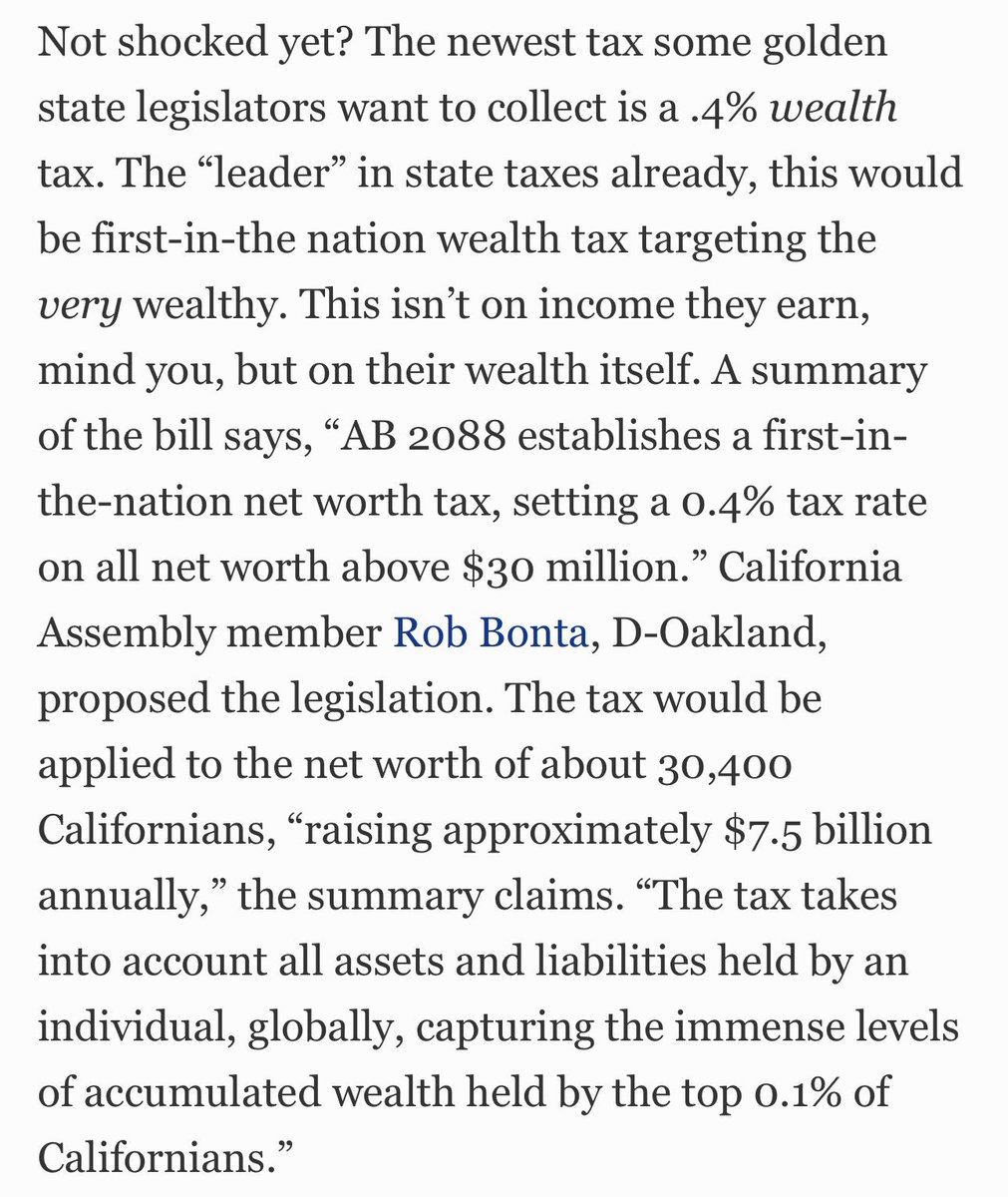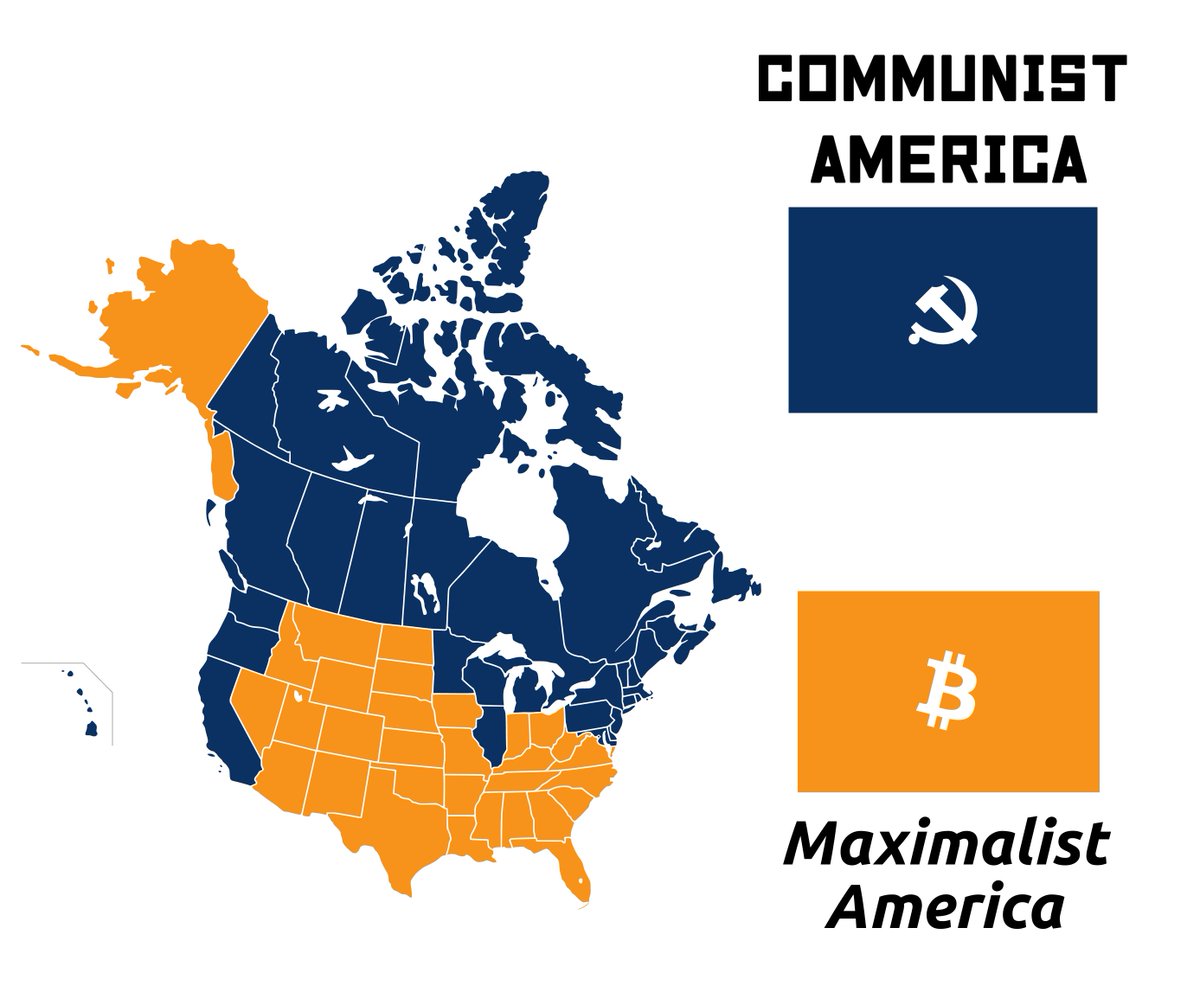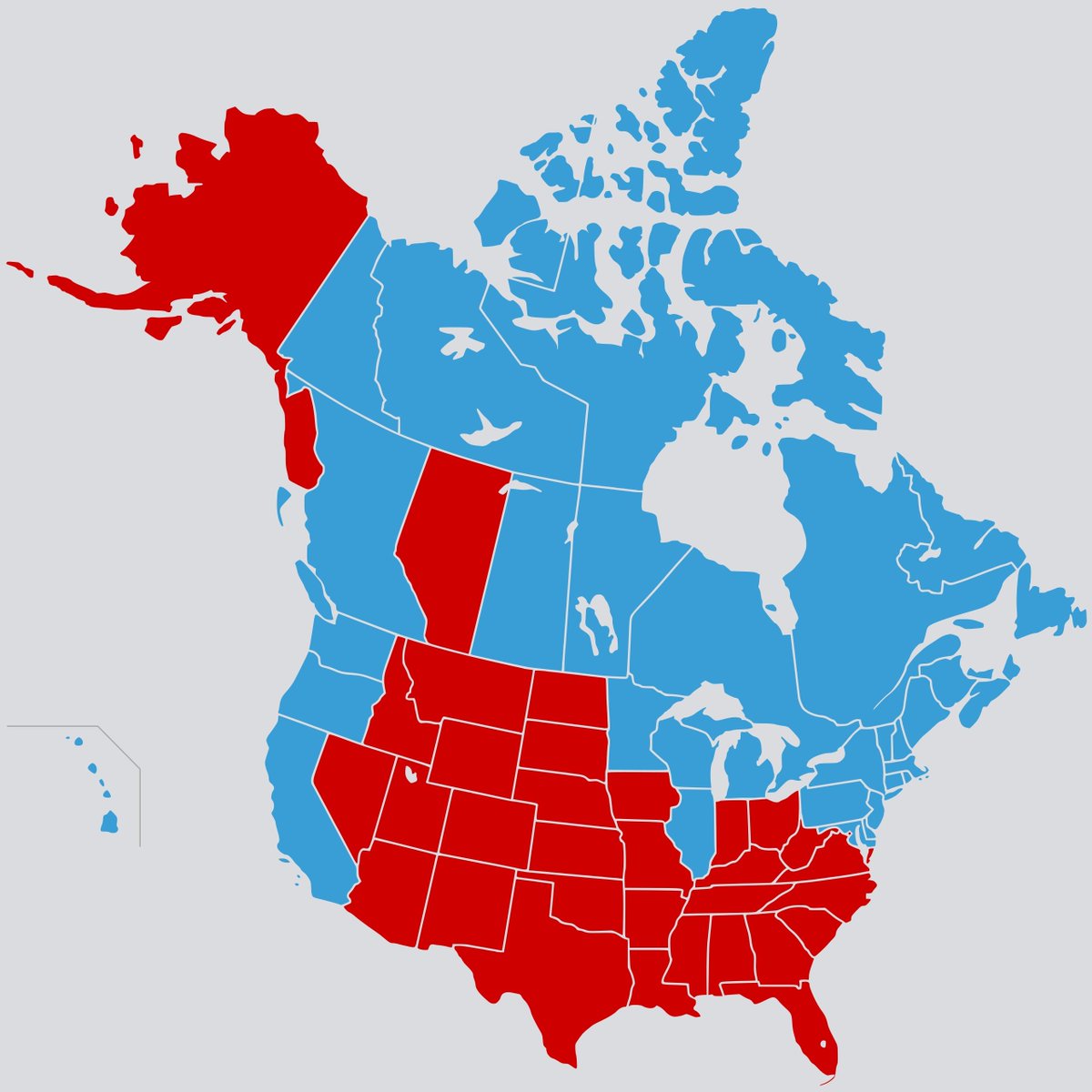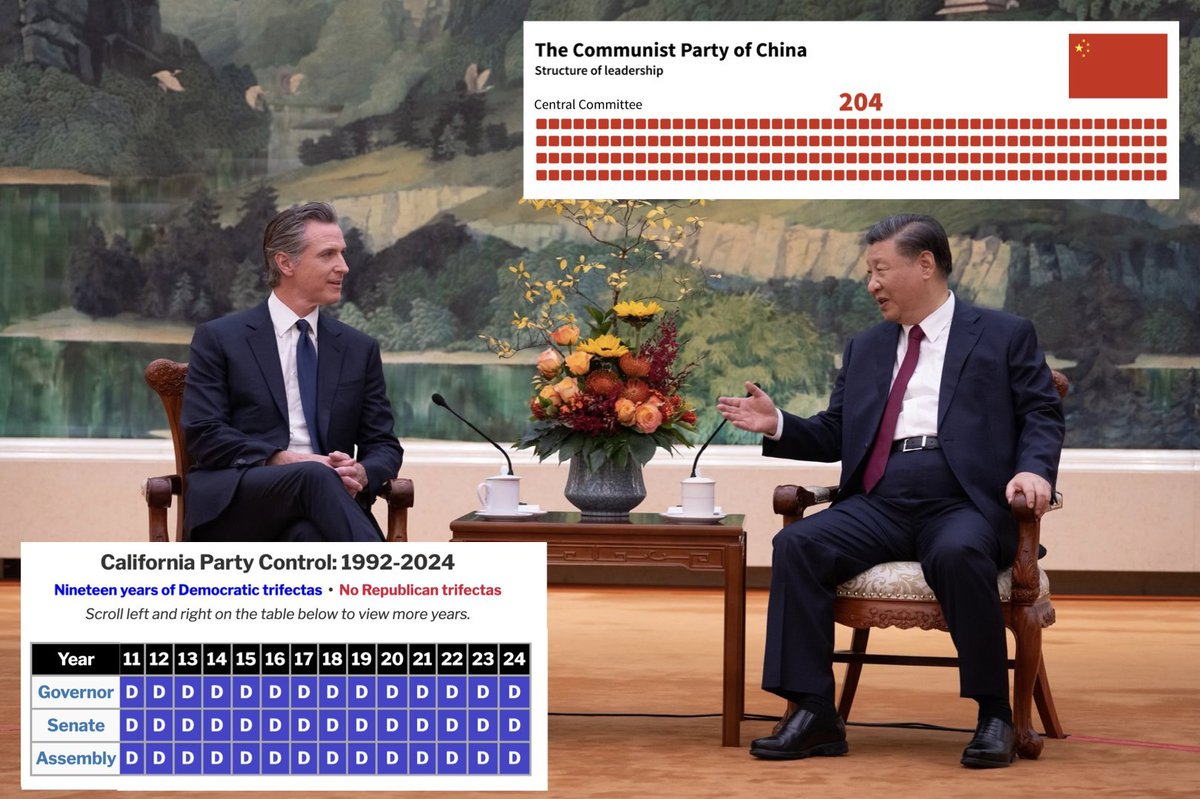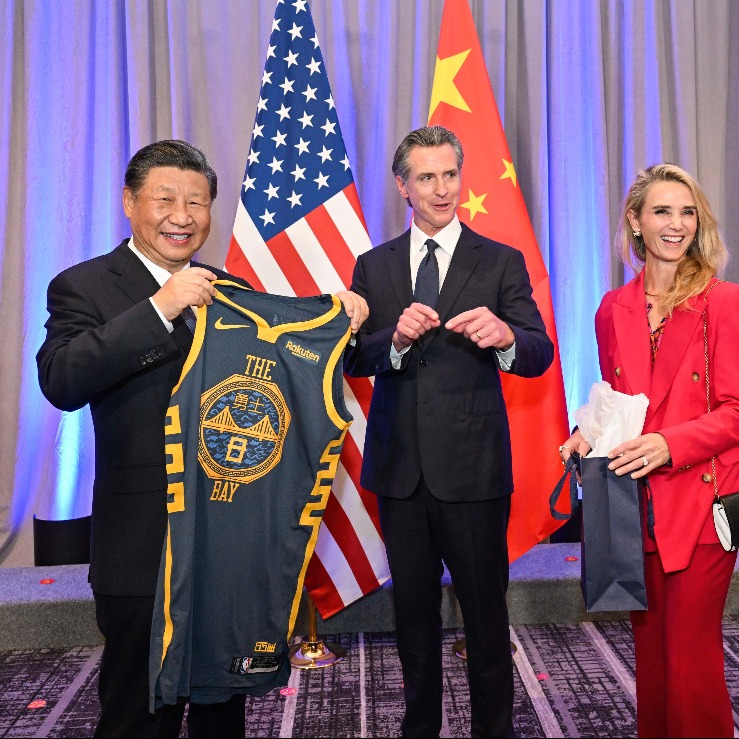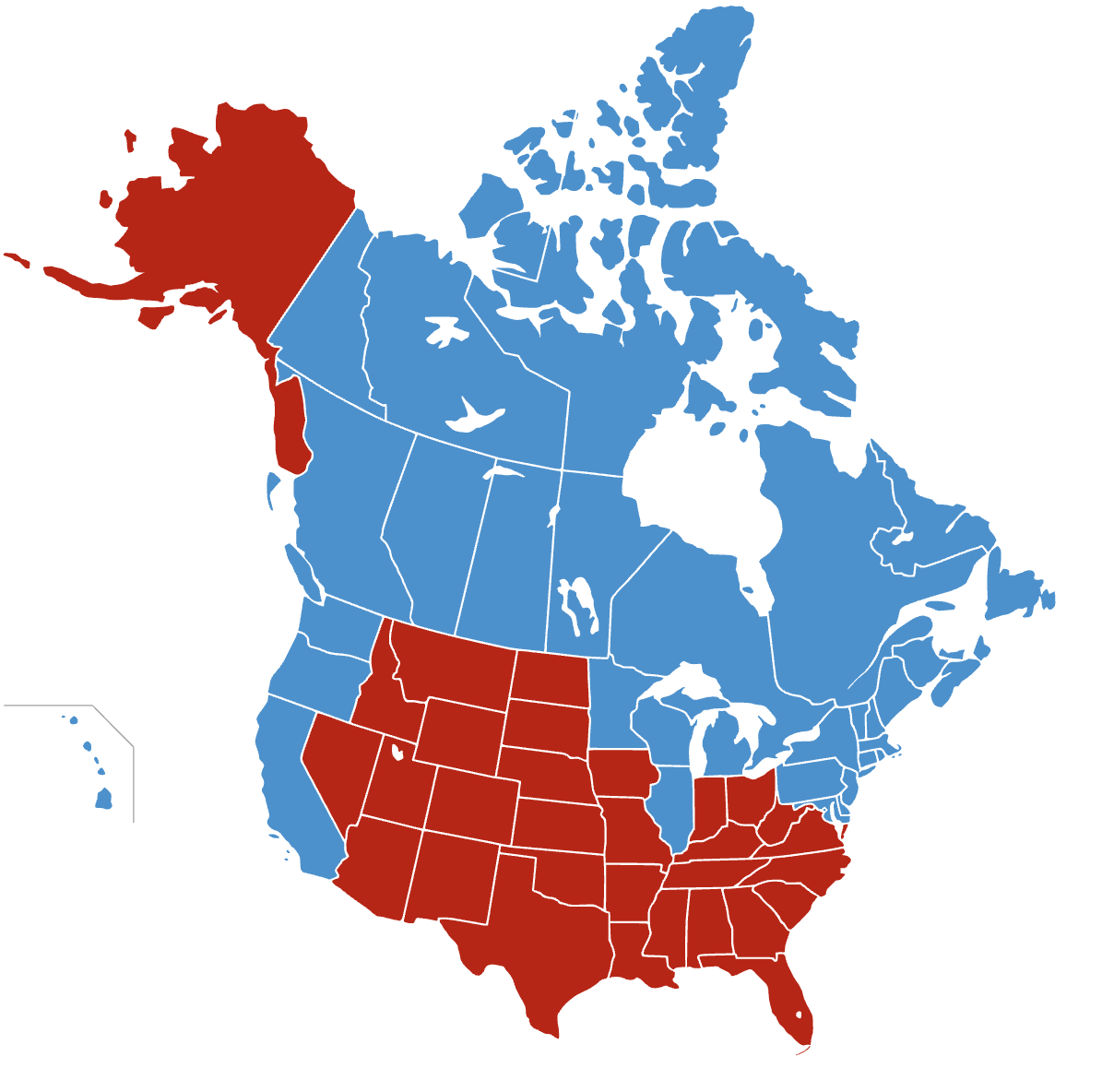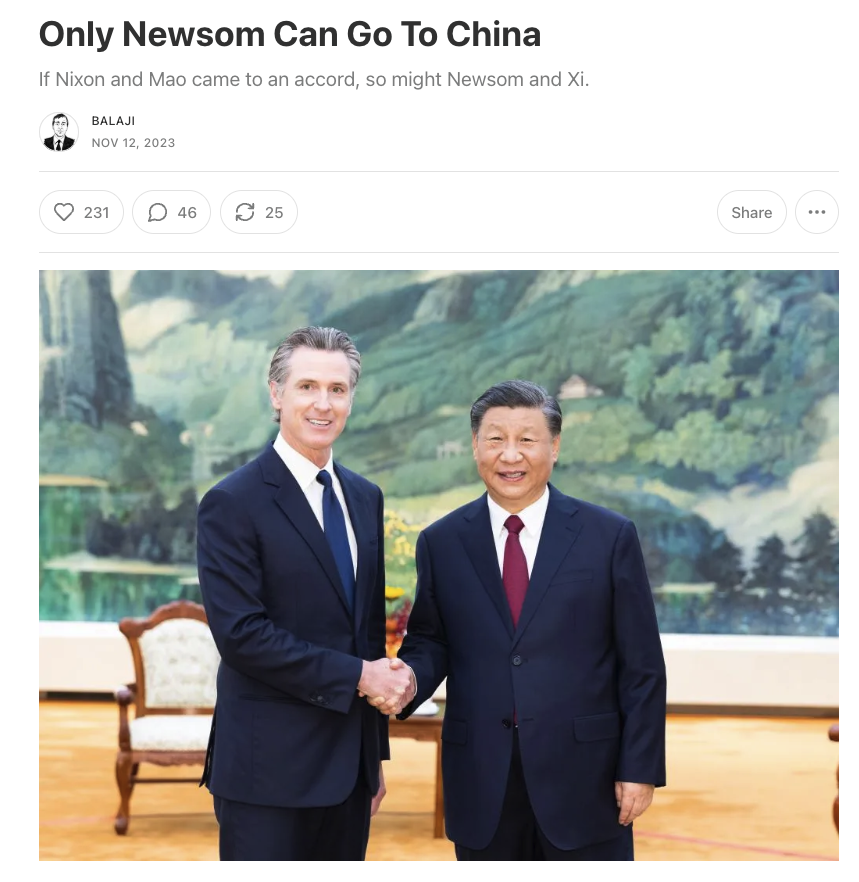One tweet summary of @RoamResearch.
Type a sentence like:
- Had #meeting with #JohnSmith about #defi
You get:
- a page with all meetings (#meeting)
- a page with all mentions of a person (#JohnSmith)
- a page with all mentions of a concept (#defi)
It indexes your text.
Type a sentence like:
- Had #meeting with #JohnSmith about #defi
You get:
- a page with all meetings (#meeting)
- a page with all mentions of a person (#JohnSmith)
- a page with all mentions of a concept (#defi)
It indexes your text.
Some common questions:
- You can use either #foo or [[foo]] to designate a page
- You can collapse #john and #JohnSmith into one page
- You can autodetect old mentions of #foo
- You can build up tags for people, places, ideas
- You can, in theory, link these tags across repos
- You can use either #foo or [[foo]] to designate a page
- You can collapse #john and #JohnSmith into one page
- You can autodetect old mentions of #foo
- You can build up tags for people, places, ideas
- You can, in theory, link these tags across repos
People often name "bidirectional links" as the core concept behind @roamresearch, but it's more like semantic annotation of text.
Next step would be to make this even more automatic. Ideally: paste in text, get automatic tag recommendations, and then manually approve.
Next step would be to make this even more automatic. Ideally: paste in text, get automatic tag recommendations, and then manually approve.
• • •
Missing some Tweet in this thread? You can try to
force a refresh


